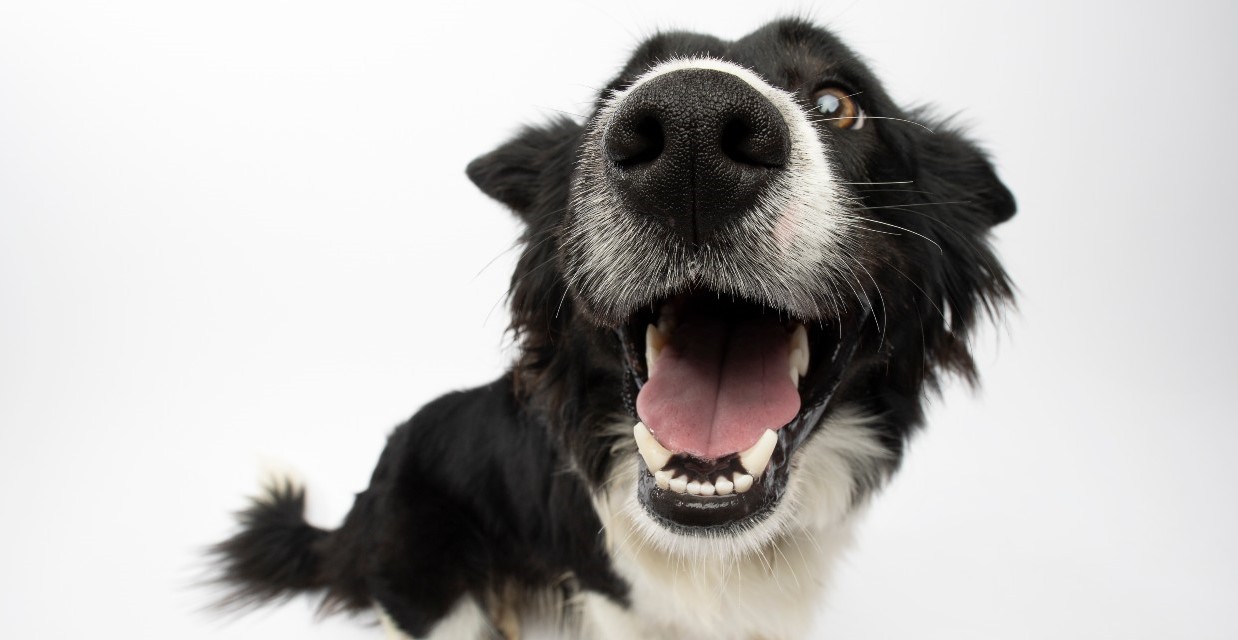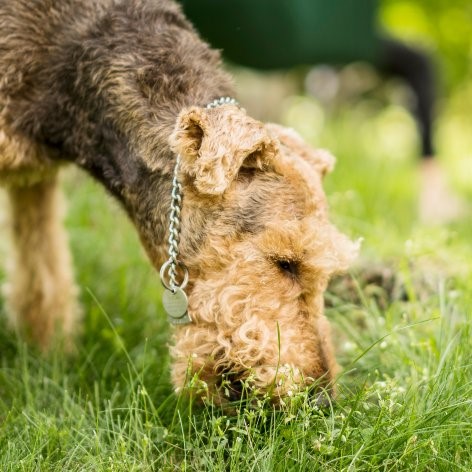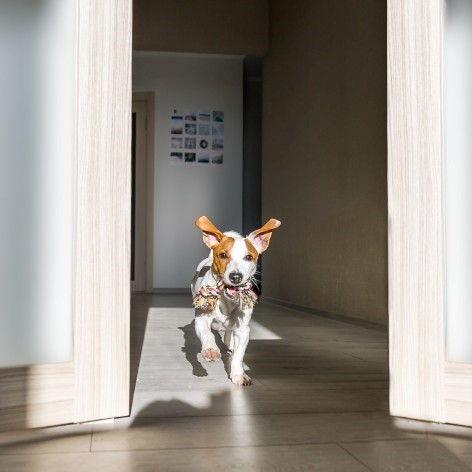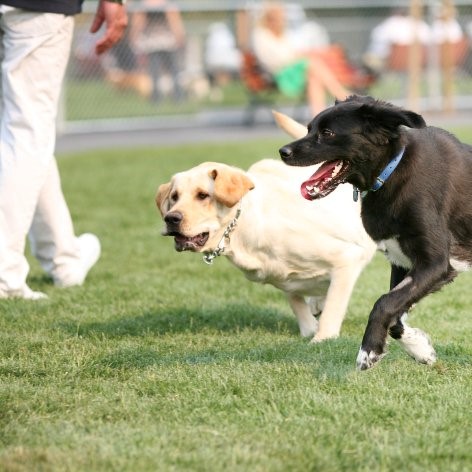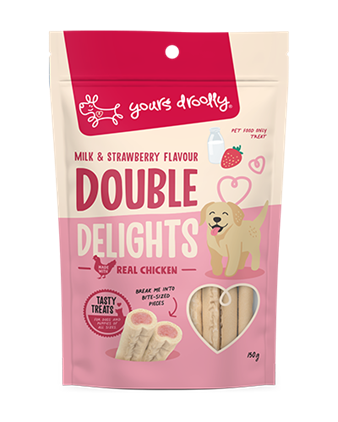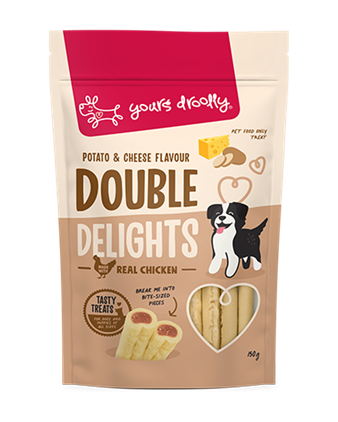Is your dog’s breath a little on the nose? Bad breath in dogs is quite common and can occur for different reasons. It’s important to address bad breath early so that it doesn’t become a more serious problem.
Causes of Bad Breath in Dogs and Puppies
The most common causes of bad breath in dogs and puppies are poor oral hygiene and periodontal disease. This is where plaque builds up on the surface of the teeth and gums, leading to the growth of bacteria which causes bad breath.
Eating smelly things (like their own or another animal’s poo!) can also result in bad dog breath.
Sometimes, bad breath can be caused by something stuck in your dog’s mouth, such as a piece of food or bone fragment.
Persistent bad breath can also be a sign of an underlying serious illness such as liver or kidney disease, a food allergy, bowel obstruction or an imbalanced gut microbiome.
Some dogs, such as older dogs, small dogs and dogs with shorter muzzles are more prone to bad breath because their teeth tend to be more crowded. These dogs benefit from regular dental checks to ensure their teeth and gums stay healthy and any issues are addressed quickly.
How to Treat and Prevent Bad Breath
Treating bad breath effectively involves firstly identifying the cause. A good first step is to inspect your dog’s mouth. If you can see anything abnormal, there’s plaque build-up on the teeth or the gums appear red or swollen then it’s best to make an appointment with your vet.
Just like us, dogs also need regular teeth cleans to remove plaque and keep their teeth and gums healthy.
Regularly cleaning your dog’s teeth and gums, with a toothbrush and toothpaste specially designed for dogs, can help to prevent bad breath and promote good oral hygiene.
In addition to this, providing your dog with dental chew toys and chewy treats to help encourage them to gnaw naturally helps to dislodge plaque and keep teeth clean.
If your dog eats smelly things, like poo, then the bad breath should fade relatively quickly.
Try to prevent your dog from accessing things like cat litter trays if they regularly raid the litter tray.


